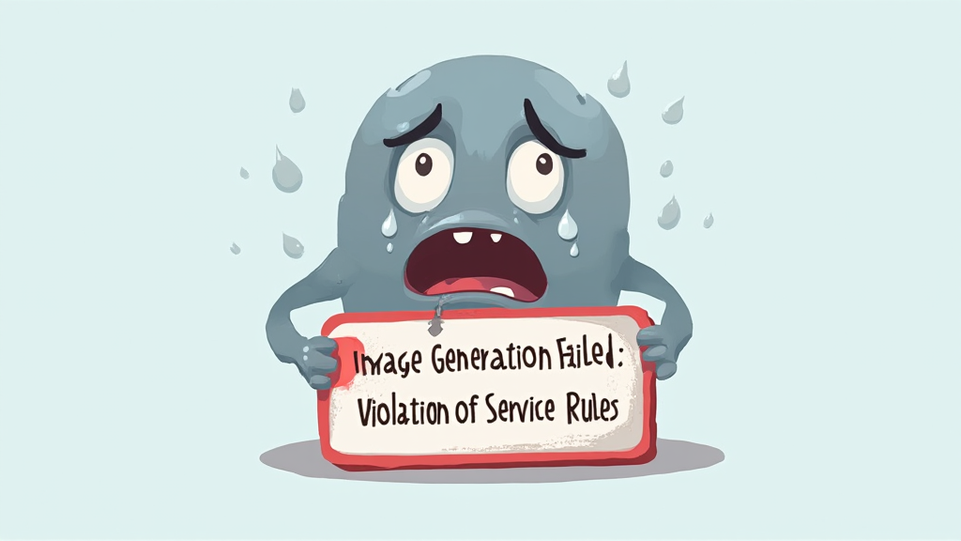Introduction to Inflation and Its Impact on Savings
Understanding Inflation: Causes and Effects
Inflation occurs when the general price level of goods and services rises , eroding purchasing power. This means your money buys less over time. Understanding this concept is crucial for effective financial planning. Many people overlook its impact on savings. Savings can lose value if not properly managed.
Inflation affects interest rates, which can diminish returns on savings accounts. A low-interest rate may not keep pace with rising prices. This can lead to a decrease in real wealth. It’s essential to consider inflation when investing. Diversifying investments can help mitigate risks. Remember, knowledge is power in finance.
The Current State of Inflation in the Economy
Currently, inflation rates are elevated, driven by supply chain disruptions and increased demand. This situation has led to higher consumer prices across various sectors. Many households feel the pinch in their budgets. Additionally, central banks are responding with monetary policy adjustments. Interest rates may rise to combat inflation. This can affect borrowing costs significantly. It’s crucial to monitor these changes closely. Financial literacy is essential for navigating these challenges.
The Role of Cryptocurrency in Inflationary Times
How Cryptocurrencies Can Hedge Against Inflation
Cryptocurrencies offer unique advantages during inflationary periods. They can serve as a store of value, unlike traditional currencies. Many investors view them as a hedge against inflation. Key benefits include:
These factors contribute to their appeal. Additionally, cryptocurrencies can provide diversification in an investment portfolio. This can reduce overall risk. Understanding these dynamics is crucial for informed decision-making. Knowledge empowers investors.
Comparing Cryptocurrencies to Traditional Assets
Cryptocurrencies and traditional assets differ significantly in their characteristics. While traditional assets like stocks and bonds are regulated, cryptocurrencies operate in a decentralized environment. This can lead to higher volatility in the crypto market. Investors should be aware of this risk.
Additionally, cryptocurrencies offer unique advantages, such as potential for high returns. They can also provide liquidity that traditional assets may lack. Understanding these differences is essential for effective portfolio management. Knowledge is key in investing.
Strategies for Protecting Your Savings
Diversifying Your Investment Portfolio
Diversifying an investment portfolio is crucial for risk management. By spreading investments across various asset classes, he can mitigate potential losses. This strategy reduces exposure to any single investment’s volatility. A well-balanced portfolio typically includes stocks, bonds, and alternative assets.
Incorporating cryptocurrencies can enhance diversification. They often behave differently than traditional assets. This tin provide additional protection during market fluctuations. Understanding asset correlation is vital for effective diversification. Knowledge leads to better investment decisions.
Utilizing Stablecoins for Stability
Stablecoins provide a unique solution for maintaining value in volatile markets. They are pegged to stable assets, such as fiat currencies. This characteristic helps mitigate the risks associated with traditional cryptocurrencies. Investors can use stablecoins to preserve capital during economic uncertainty.
Additionally, stablecoins facilitate quick transactions and liquidity. This can be advantageous for those seeking to move funds efficiently. Understanding their mechanics is essential for effective use. Knowledge is power in finance.
Investing in Hard Assets
Real Estate as a Hedge Against Inflation
Real estate is often considered a reliable hedge against inflation. Property values typically appreciate over time, outpacing inflation rates. This appreciation can provide a safeguard for investors. Additionally, rental income can increase in line with inflation, offering a steady cash flow.
Investing in real estate diversifies an investment portfolio. It reduces reliance on volatile assets like stocks. Understanding market trends is crucial for successful investment. Knowledge leads to informed decisions.
Precious Metals: Gold and Silver in Your Portfolio
Investing in precious metals like gold and silver can enhance portfolio stability. These assets often retain value during economic downturns. Their intrinsic worth provides a hedge against inflation. Additionally, they are tangible assets, which can be reassuring for investors.
He should consider market conditions when investing. Understanding supply and demand dynamics is essential. Knowledge is crucial for successful investing.
Staying Informed: Monitoring Economic Indicators
Key Indicators to Watch for Inflation Trends
Monitoring key economic indicators is essential for understanding inflation trends. Important metrics include the Consumer Price Index (CPI) and Producer Price Index (PPI). These indices reflect changes in price levels over time. He should also pay attention to wage growth and employment rates.
Rising wages can signal increased consumer spending. This may lead to higher inflation. Understanding these indicators helps in making informed decisions. Knowledge is vital for effective financial planning.
Resources for Staying Updated on Economic News
To stay updated on economic news, he should utilize reliable resources. Financial news websites, such as Bloomberg and Reuters, provide timely information. Additionally, subscribing to economic newsletters can offer in-depth analysis. Podcasts focused on economics can also be beneficial.
These platforms often feature expert opinions and forecasts. Understanding diverse perspectives enhances his financial literacy. Knowledge is essential for making informed investment decisions. Staying informed is a proactive approach.
Conclusion: Taking Action to Safeguard Your Financial Future
Creating a Personal Financial Plan
Creating a personal financial plan involves several key steps. First, he should assess his current financial situation. This includes evaluating income, expenses, and existing assets. Next, setting clear financial goals is essential. These goals can be short-term, medium-term, or long-term.
He should also develop a budget to track spending. This helps identify areas for potential savings. Additionally, diversifying investments can mitigate risks. Understanding risk tolerance is crucial for effective planning. Knowledge empowers better financial decisions.
Engaging with Financial Advisors and Cryptocurrency Experts
Engaging with financial advisors and cryptocurrency experts is vital for informed decision-making. These professionals provide insights into market trends and investment strategies. He should seek advisors with relevant experience and credentials. This ensures he receives sound advice tailored to his needs.
Regular consultations can help him adjust his financial plan. They can also clarify complex concepts in the cryptocurrency space. Understanding regulatory changes is crucial for compliance. Knowledgeable experts can guide him through these challenges. Staying informed is essential for successful investing.
